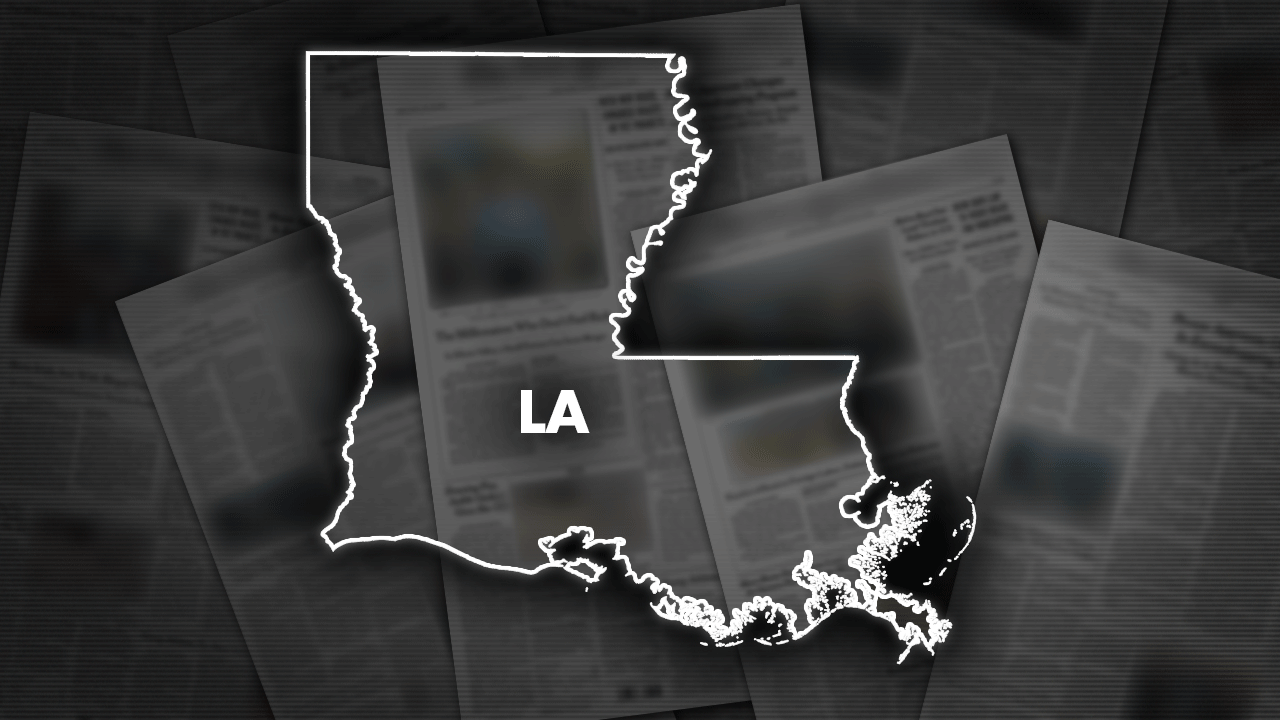President Biden is spending much of his time this week speaking directly to Black voters, a constituency that carried him to the White House in 2020 and whose voters are now threatening to withhold their support as Mr. Biden’s final presidential campaign unfolds.
Mr. Biden’s most high-profile event this week is still to come. On Sunday, he will deliver a commencement speech at Morehouse College, a prestigious, historically Black institution. But he has spent the days leading up to it running down a list of achievements and otherwise making his message clear: “My name’s Joe Biden, and I’m a lifetime member of the N.A.A.C.P.,” he said during a speech on Friday.
He was speaking to a crowd at the National Museum of African American History and Culture celebrating the 70th anniversary of Brown v. Board of Education, a landmark civil rights ruling that outlawed racially segregated schools.
Not even the venue choice seemed like a complete coincidence: As a senator, Mr. Biden was one of the original co-sponsors of legislation establishing the museum, and he attended its opening as vice president in 2016.
In 2020, 95 percent of Black women and 87 percent of Black men voted for Mr. Biden, according to the Pew Research Center. But recent polls show that he is lagging among some groups of Black voters, including men, who have signaled that they view some of the president’s promises as unkept, and younger voters, who are angry over the administration’s involvement in the Gaza war.
Here are a few takeaways from events held this week.
The president knows there is a problem.
Mr. Biden is aware that some of his accomplishments are going either unnoticed or unheard. At the museum, he said the quiet part out loud.
“As soon as I came to office, I signed the American Rescue Plan,” Mr. Biden said, referring to the $1.9 trillion pandemic rescue package that reduced the childhood poverty rate and delivered some $130 billion to public schools across the country. “And I’m going to be political and just say this, because we’re having problems: Not one Republican voted for it. Not one.”
Mr. Biden said the plan, which expanded child tax credits, had cut child poverty in Black families by half. The stimulus payments provided as much as $3,600 per child. But it has been more than a year and a half since the last payments under that temporary program were delivered to families. Mr. Biden has promised to try to re-expand the credit should he be re-elected. For now, he must drum up enthusiasm for a one-time cash benefit that has long expired, and around another promise.
On Friday, the Biden administration released a list of educational achievements, including $20 million in funding, announced by the Education Department, to support equity. The funding would also further “desegregate public schools by attracting students from different social, economic, ethnic and racial backgrounds,” according to a news release by the department.
During the 1970s and ’80s, Mr. Biden, then a junior senator from Delaware, was a leading opponent of busing, a major effort for integrating schools. On Friday, Mr. Biden said the Brown decision “proves a simple idea: We learn better when we learn together.”
The vice president has a very packed schedule.
Earlier in the week, Vice President Kamala Harris seemed to acknowledge the disconnect between the administration and Black voters. During a trip to Milwaukee on Thursday, she said she was on the road so frequently because it was the best way to reach them.
“This is exactly why I did this tour,” Ms. Harris told two women working a booth at a resource fair in the city. “I am so happy that you all are here. Everything we do in places like Washington, D.C., does not matter until it hits people like you.”
For weeks, Ms. Harris has been leading efforts to energize Black voters in battleground states, crisscrossing the country to talk directly to voters. Ms. Harris, who graduated from Howard University, has also helped lay the groundwork for Mr. Biden’s Morehouse speech: In Atlanta last month, she asked the school’s student government president, Mekhi Perrin, what approach Mr. Biden should take in his address.
The president is trying other channels to reach people.
Several of Mr. Biden’s advisers, speaking on the condition of anonymity to discuss strategy, said the president was interested in doing media appearances that could put him directly in front of Black Americans. Mr. Biden gave interviews this week to two radio shows that are popular with Black listeners, including “The Big Tigger Morning Show” in Atlanta.
During that appearance, Mr. Biden was more overtly political than he is expected to be at Morehouse on Sunday, saying that “Trump hurt Black people every chance he got.”
Mr. Biden was also asked by the host if he expected protests at Morehouse over his speech.
“Every American has the right to peacefully protest,” Mr. Biden said. “Once that protest crosses the line into hate speech and violence, that’s unacceptable.”
Nicholas Nehamas and Maya King contributed reporting.






